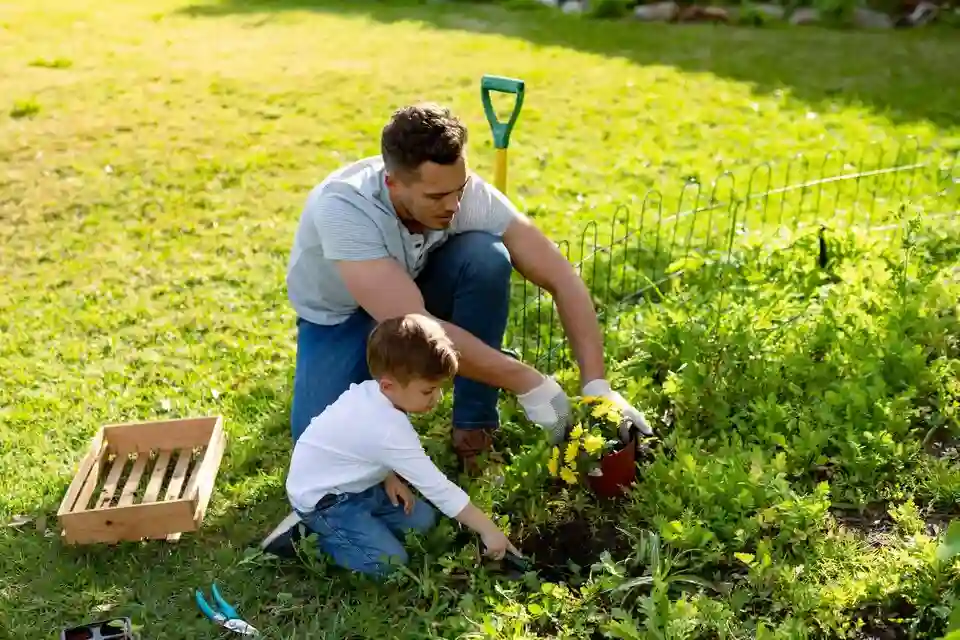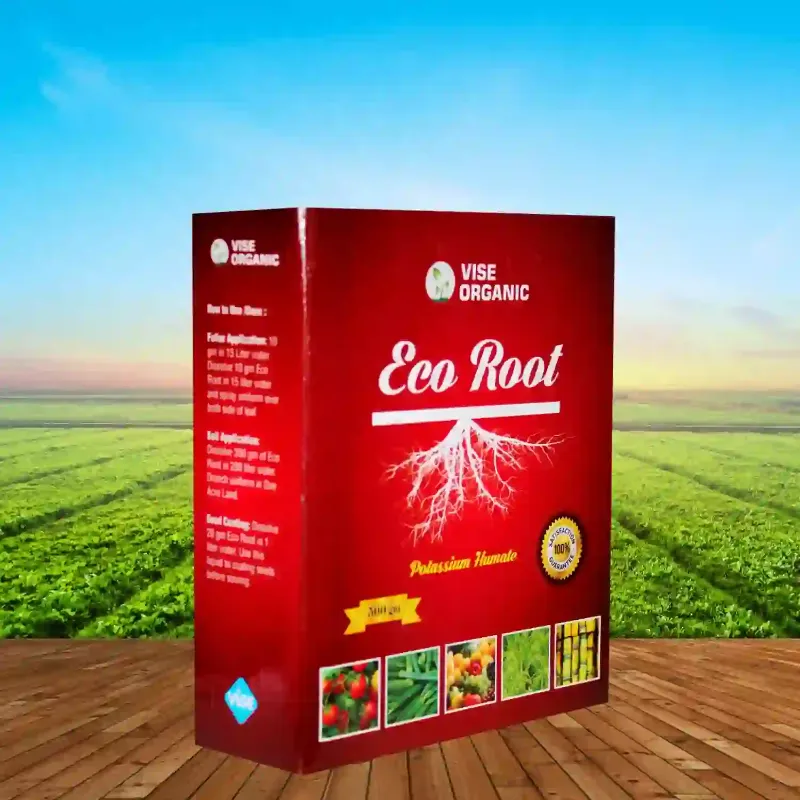In the intricate tapestry of nature, plants have evolved complex relationships with one another, often benefiting from their proximity and interactions. Companion planting, an age-old gardening technique, harnesses these natural relationships to promote healthier plants, deter pests, and improve overall garden productivity. In this comprehensive guide, we’ll delve into the fascinating world of companion planting, exploring its myriad benefits and providing practical tips for implementing it in your garden.
Biodiversity and Pest Management
– Companion planting increases biodiversity in the garden, creating a more resilient ecosystem that is less susceptible to pest outbreaks.
– Certain plant combinations repel pests or attract beneficial insects, reducing the need for chemical pesticides and promoting natural pest management.
Soil Health and Nutrient Cycling
– Some companion plants have deep or shallow root systems that help break up compacted soil, improve drainage, and enhance nutrient uptake.
– Nitrogen-fixing plants like legumes enrich the soil by converting atmospheric nitrogen into a form that other plants can use, promoting healthy growth and vigor.
Space Optimization and Yield Enhancement
– Companion planting allows gardeners to maximize space by interplanting compatible crops with different growth habits and maturity rates.
– Strategic plant combinations can enhance pollination, improve fruit set, and increase overall yield by fostering symbiotic relationships between plants.
Weed Suppression and Ground Cover
– Companion plants with dense foliage or sprawling growth habits can act as natural mulch, suppressing weed growth and conserving soil moisture.
– Ground cover plants like clover or creeping thyme protect bare soil from erosion, enhance soil structure, and provide habitat for beneficial insects.
Attracting Beneficial Insects and Pollinators
– Certain companion plants produce nectar-rich flowers that attract beneficial insects like bees, butterflies, and predatory wasps.
– By providing food and habitat for pollinators and natural predators, promoting biodiversity and supporting a healthy garden ecosystem.
Companion Planting Techniques
– Interplanting: Planting compatible crops together in the same bed or row to maximize space and enhance mutual benefits.
– Succession Planting: Sequentially planting different crops in the same space to extend the growing season and optimize yield.
– Border Planting: Creating borders or edges of companion plants around garden beds to attract beneficial insects and provide natural pest control.
Complementary Plant Combinations
– Three Sisters: Planting corn, beans, and squash together in a symbiotic relationship not only provides support, nitrogen fixation, and weed suppression, but also.
– Herbs and Vegetables: Intercropping herbs such as basil, parsley, or cilantro with vegetables not only repels pests but also improves flavor and enhances growth.
– Flowers and Vegetables: Planting flowering plants like marigolds, nasturtiums, or calendula alongside vegetables not only attracts pollinators but also deters pests.
Companion Planting Charts and Guides
– Utilize companion planting charts and guides to identify compatible plant combinations and optimize your garden layout for maximum benefit.
– Consider factors such as plant height, growth habits, nutrient needs, and pest resistance when planning your companion planting scheme.
Conclusion
Companion planting is a time-honored gardening practice that harnesses the power of natural relationships to promote healthier plants, deter pests, and enhance overall garden productivity. By strategically selecting and interplanting compatible crops, gardeners can create a harmonious ecosystem that fosters biodiversity, conserves resources, and yields bountiful harvests. Whether you’re a seasoned gardener or a novice enthusiast, incorporating companion planting techniques into your garden can elevate your gardening experience and cultivate a thriving oasis of life and abundance.






















